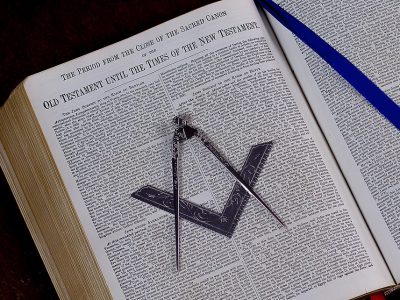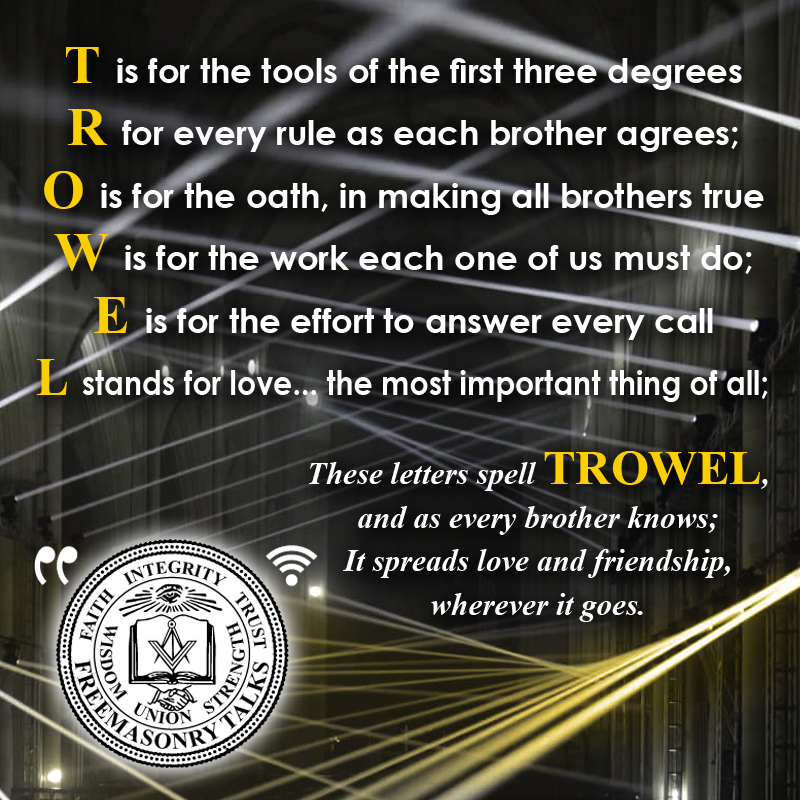The Rothschild family, one of the most prominent banking dynasties in history, has been a subject of fascination and speculation for centuries. Their immense wealth, political connections, and philanthropic endeavors have often led to discussions about their influence in various spheres, including Freemasonry. This article explores the history of the Rothschild family and their relationship with this ancient fraternal organization.
Origins of the Rothschild Family
The Rothschild family’s rise to prominence began in the late 18th century when Mayer Amschel Rothschild (1744-1812) established a banking business in Frankfurt, Germany. He strategically positioned his five sons across Europe—Frankfurt, London, Paris, Vienna, and Naples—creating a vast banking network that facilitated international finance. The family’s financial acumen allowed them to amass significant wealth, becoming influential players in European banking and politics.
Freemasonry: An Overview
Freemasonry, a fraternal organization that dates back to the late 16th and early 17th centuries, emphasizes moral and ethical development, community service, and personal growth. Its members, known as Freemasons, engage in various rituals and ceremonies that often incorporate symbols and allegories. The organization has a reputation for exclusivity and has historically included many influential figures in society, including politicians, business leaders, and intellectuals.
The Rothschild Family and Freemasonry
Early Involvement
The exact timeline of the Rothschild family’s involvement with Freemasonry is not well-documented, but there are indications that members of the family were associated with Masonic lodges in the 19th century. Freemasonry was appealing to many wealthy and influential individuals of the time due to its values of enlightenment, reason, and fraternity.
Notable Masonic Connections
- Adolphus Rothschild: One of Mayer Amschel Rothschild’s grandsons, Adolphus was known to be involved with Freemasonry in England. His membership reflected the family’s growing integration into the social and political fabric of British society.
- Lionel Nathan de Rothschild: Another key figure in the family’s history, Lionel was the first Jewish member of the British Parliament. His involvement in Masonic activities helped to further bridge gaps between Jewish communities and broader society during a time of significant social change.
- Other Members: Various descendants of the Rothschild family have also been linked to Freemasonry, although specific records of their membership and influence within Masonic lodges are often sparse.
Influence and Speculation
The Rothschilds’ connections to Freemasonry have fueled numerous conspiracy theories, often suggesting that they wield disproportionate influence over global events through secretive means. However, such theories typically lack credible evidence and are often based on the family’s wealth and status rather than documented control over Masonic organizations.
The family’s philanthropic endeavors align with Masonic principles of charity and community service, further complicating the narrative surrounding their influence. Their support for educational institutions, the arts, and various social causes reflects the values espoused by Freemasonry.
Philanthropy and Legacy
Over the years, the Rothschild family has established numerous foundations and charitable organizations, many of which focus on education, culture, and social issues. These initiatives often resonate with Masonic ideals, reinforcing the family’s commitment to philanthropy and social betterment.
As the Rothschilds continue to navigate the modern world, their legacy remains intertwined with both their financial achievements and their historical connections to organizations like Freemasonry.
Conclusion
The relationship between the Rothschild family and Freemasonry is one of mutual interest rather than direct influence or control. While members of the family have participated in Masonic activities, their primary impact has been through their contributions to finance, politics, and philanthropy. The fascination with the Rothschilds and their alleged connections to secret societies highlights broader societal themes of wealth, power, and the enduring allure of mystery in history. Understanding their true legacy requires a nuanced approach that separates fact from speculation, acknowledging both their influence and the context in which they operated.















